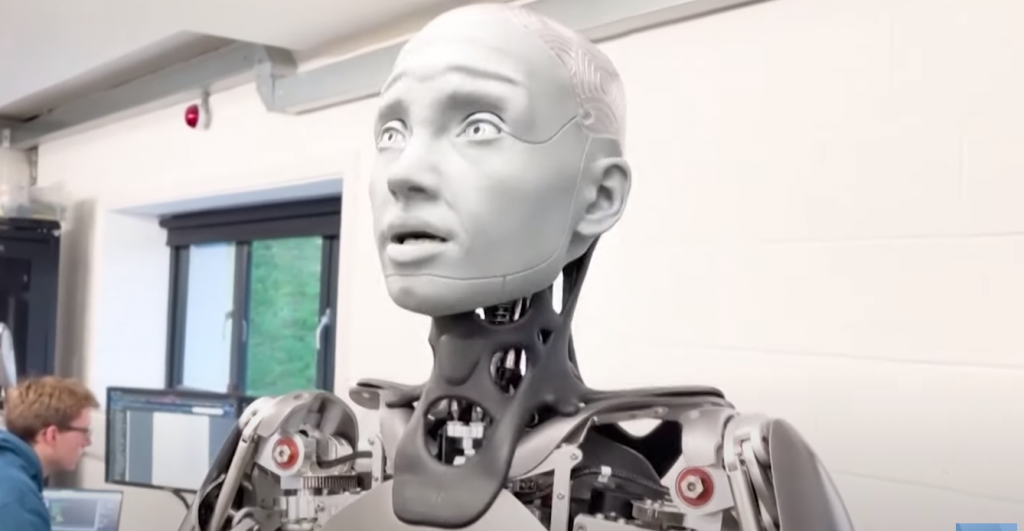
Researchers reject a researcher’s ‘singularity’ claim, saying that no one knows if or when AI will gain consciousness.
Scientists Worldwide Reject OpenAI Researcher’s Claim of ‘Slightly Conscious’ AI
The backlash was swift and targeted right at OpenAI’s top scientist, Dr. Ilya Sutskever, who claimed in a tweet that, “it may be that today’s large neural networks are slightly conscious.”
Like a lot of hard and fast statements, this brought out the division in the scientific community. Some researchers responded to a futurism.com article on the statement and agreed with Dr. Sutskever that they are worried about what a conscious algorithm might mean to the security or safety of the human race. Yes, it scared some folks that much.
However, the scientists and researchers who are deeply involved with the progress of AI beg to differ from the good doctor. Here are a few responses from the futurism.com follow-up article.
“Every time such speculative comments get an airing, it takes months of effort to get the conversation back to the more realistic opportunities and threats posed by AI,” UNSW Sidney AI researcher Toby Walsh chimed in.
Valentino Zocca, a deep learning expert whose day job is as a vice president at Citi, had a similarly hot take, claiming that AI “is NOT conscious but apparently the hype is more important than anything else.”
These were the polite responses the article quotes. Others were more critical of Dr. Sutskever.
“It may be that there’s a teapot orbiting the Sun somewhere between Earth and Mars,” said Leon Dercynski, an associate professor at the IT University of Copenhagen. “This seems more reasonable than Ilya’s musing, in fact, because the apparatus for orbit exists, and we have good definitions of teapots.”
While the critics had some fun with the statement, other serious researchers and programmers assert that researchers are many years away from creating conscious AI, if indeed we ever do.
With the growth of quantum computing can we really be many years away? A sentient AI is going to be interesting and probably beyond anything we thought it might be.
read more at futurism.com







Leave A Comment